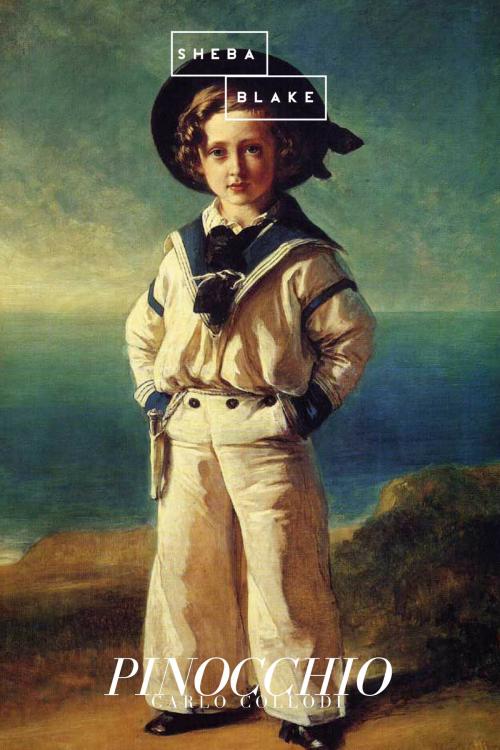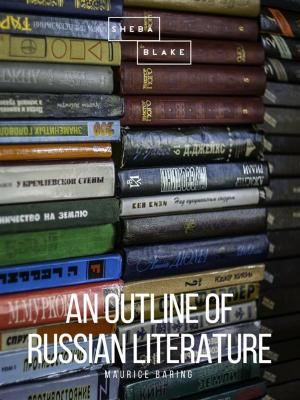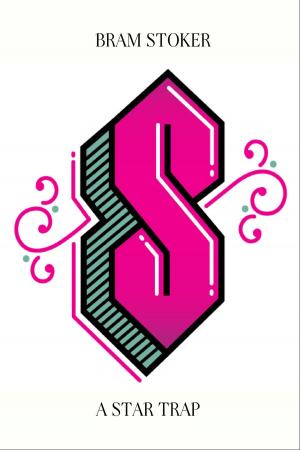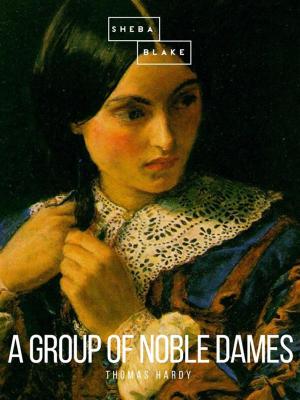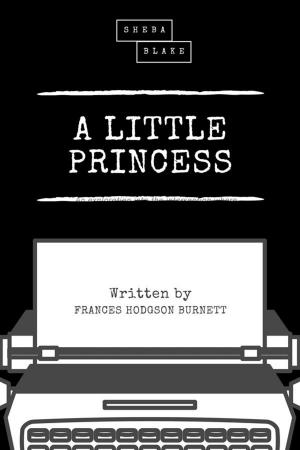| Author: | Carlo Collodi | ISBN: | 9783961895427 |
| Publisher: | Sheba Blake Publishing | Publication: | April 28, 2017 |
| Imprint: | Language: | German |
| Author: | Carlo Collodi |
| ISBN: | 9783961895427 |
| Publisher: | Sheba Blake Publishing |
| Publication: | April 28, 2017 |
| Imprint: | |
| Language: | German |
Pinocchio is a novel for children by Italian author Carlo Collodi, written in Pescia. The first half was originally a serial in 1881 and 1882, published as La storia di un burattino (literally "The tale of a puppet"), and then later completed as a book for children in February 1883. It is about the mischievous adventures of an animated marionette named Pinocchio and his father, a poor woodcarver named Geppetto. It is considered a canonical piece of children's literature and has inspired hundreds of new editions, stage plays, merchandising and movies, such as Walt Disney's iconic animated version and commonplace ideas such as a liar's long nose. According to extensive research done by the Fondazione Nazionale Carlo Collodi in late 1990s and based on UNESCO sources, it has been adapted in over 260 languages worldwide. That makes it the most translated non-religious book in the world, and one of the best-selling books ever published. According to Francelia Butler, it remains "the most widely read book in the world after the Bible". Pinocchio is a story about an animated puppet, boys who turn into donkeys and other fairy tale devices. The setting of the story is the Tuscan area of Italy. It was a unique literary marriage of genres for its time. The story's Italian language is peppered with Florentine dialect features, such as the protagonist's Florentine name. In the 1850s, Collodi began to have a variety of both fiction and non-fiction books published. Once, he translated some French fairy-tales so well that he was asked whether he would like to write some of his own. In 1881, he sent a short episode in the life of a wooden puppet to a friend who edited a newspaper in Rome, wondering whether the editor would be interested in publishing this "bit of foolishness" in his children's section. The editor did, and the children loved it.
Pinocchio is a novel for children by Italian author Carlo Collodi, written in Pescia. The first half was originally a serial in 1881 and 1882, published as La storia di un burattino (literally "The tale of a puppet"), and then later completed as a book for children in February 1883. It is about the mischievous adventures of an animated marionette named Pinocchio and his father, a poor woodcarver named Geppetto. It is considered a canonical piece of children's literature and has inspired hundreds of new editions, stage plays, merchandising and movies, such as Walt Disney's iconic animated version and commonplace ideas such as a liar's long nose. According to extensive research done by the Fondazione Nazionale Carlo Collodi in late 1990s and based on UNESCO sources, it has been adapted in over 260 languages worldwide. That makes it the most translated non-religious book in the world, and one of the best-selling books ever published. According to Francelia Butler, it remains "the most widely read book in the world after the Bible". Pinocchio is a story about an animated puppet, boys who turn into donkeys and other fairy tale devices. The setting of the story is the Tuscan area of Italy. It was a unique literary marriage of genres for its time. The story's Italian language is peppered with Florentine dialect features, such as the protagonist's Florentine name. In the 1850s, Collodi began to have a variety of both fiction and non-fiction books published. Once, he translated some French fairy-tales so well that he was asked whether he would like to write some of his own. In 1881, he sent a short episode in the life of a wooden puppet to a friend who edited a newspaper in Rome, wondering whether the editor would be interested in publishing this "bit of foolishness" in his children's section. The editor did, and the children loved it.
